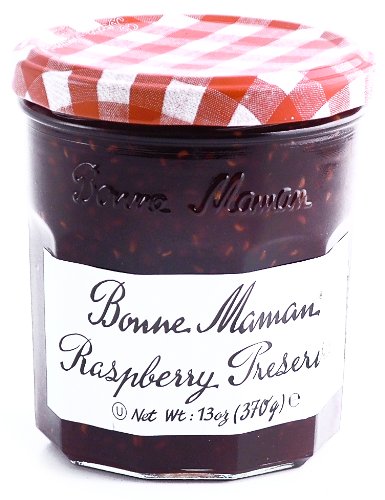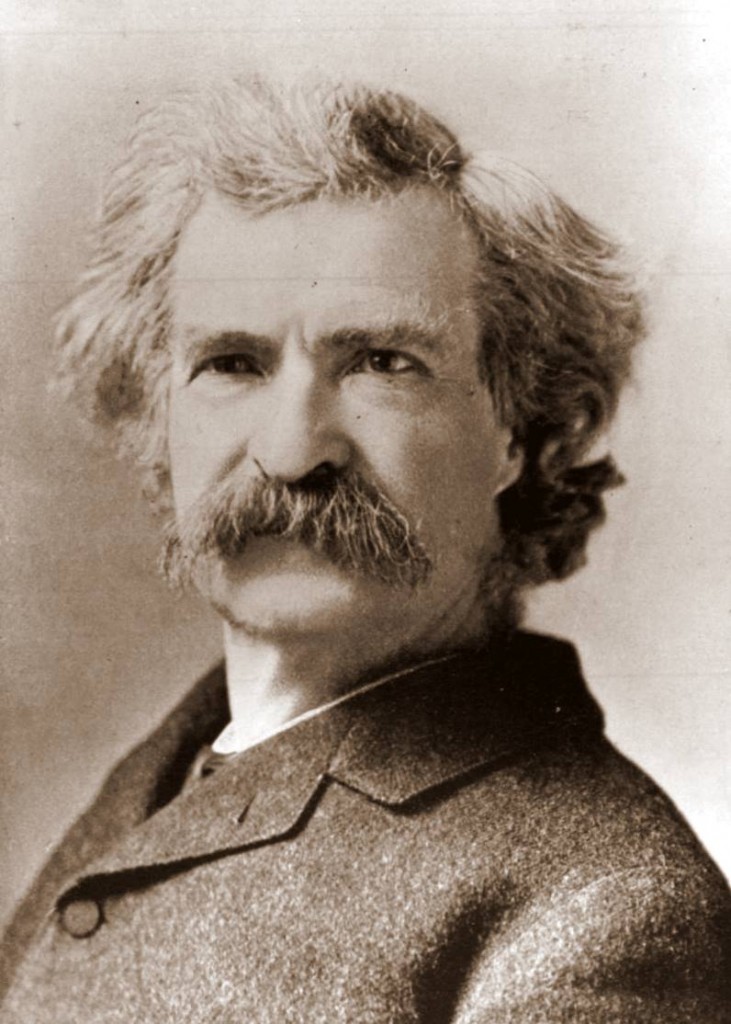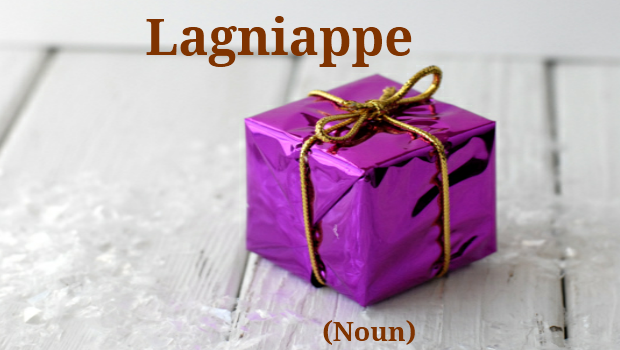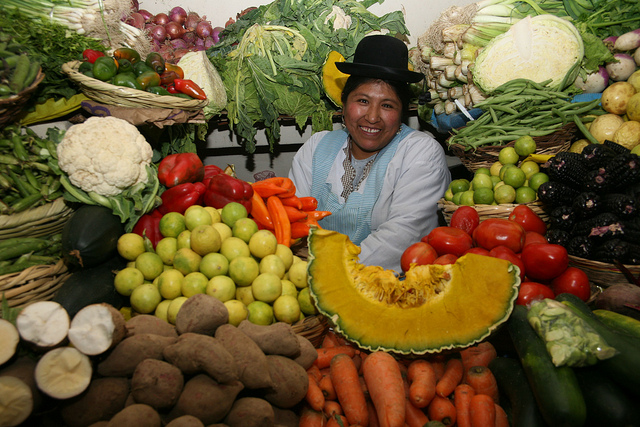Lagniappe Living in a Bottom-Line World
I love the word “lagniappe.”
Pronounced lan-YAP, it sounds like a gauzy, ethnic blouse worn by bronze-skinned Pacific Island girls, or maybe a muzzle for French poodles.
What I love even more is its real meaning: “a little gift given by a merchant at the time of purchase,” such as the extra doughnut in a baker’s dozen.
The word has Quechua roots and arrived in New Orleans via the Spanish. The French adopted it and hence the spelling.
More broadly, it simply means something extra given for good measure.
The tradition of giving “a lagniappe” is still practiced in many cultures, including Southeast Asia and South America. A Vietnamese friend of mine even asks for something extra in Boston’s Chinatown.
My late father-in-law loved a good deal. And he never made a major purchase unless he’d gotten one. Or at least thought he had.
But lagniappe isn’t only about getting an extra doughnut or a great deal on a set of tires. It’s also about generosity of spirit.
Some years ago we had our house on the market. I thought if I painted the master bedroom I could make it more presentable. Unfortunately, I made the mistake of setting the paint bucket on the ladder ledge created for that purpose – never a good idea.
The inevitable happened.
The paint wasn’t regular latex, but Kilz, an oil-base primer, and what had merely been a hideous shag carpet up until that moment now looked like trash ready for curbside pick-up.
And then doorbell rang.
My friend Bernice stood on the porch holding a jar of Bonne Maman jam and a loaf of bakery bread – because we were moving. 
After seeing the disaster, I expected her to say, “Good luck getting the paint out,” But she did the most amazing thing. She ran home for some kind of kick-butt cleaning solution she’d just bought from a door-to-door salesman. And she worked with me, sopping up paint with newspapers. Miraculously, the paint came out.
Not only had Bernice given me sweet going-away gifts, she’d brought the spirit of lagniappe – something extra. She’d reached out, and instead of feeling all alone in with my woes, I felt connected and valued in the world.
In Life on the Mississippi, Mark Twain’s memoir of his days as a riverboat captain, he calls lagniappe “a word worth traveling to New Orleans to get.”
We picked up one excellent word — a word worth travelling to New Orleans to get; a nice limber, expressive, handy word — “lagniappe.” They pronounce it lanny-yap. It is Spanish — so they said. We discovered it at the head of a column of odds and ends in the Picayune, the first day; heard twenty people use it the second; inquired what it meant the third; adopted it and got facility in swinging it the fourth. It has a restricted meaning, but I think the people spread it out a little when they choose. It is the equivalent of the thirteenth roll in a “baker’s dozen.” It is something thrown in, gratis, for good measure. The custom originated in the Spanish quarter of the city. When a child or a servant buys something in a shop — or even the mayor or the governor, for aught I know — he finishes the operation by saying — “Give me something for lagniappe.”
The shopman always responds; gives the child a bit of licorice-root, gives the servant a cheap cigar or a spool of thread, gives the governor — I don’t know what he gives the governor; support, likely.
When you are invited to drink, and this does occur now and then in New Orleans — and you say, “What, again? — no, I’ve had enough;” the other party says, “But just this one time more — this is for lagniappe.” When the beau perceives that he is stacking his compliments a trifle too high, and sees by the young lady’s countenance that the edifice would have been better with the top compliment left off, he puts his “I beg pardon — no harm intended,” into the briefer form of “Oh, that’s for lagniappe.”
Recently on “This American Life,” producer Ben Calhoun told the show’s host, Ira Glass, about a friend who goes around asking for a “good guy” discount. The man actually gets money off things he buys.
But when Ben went out and tried the same thing for his story, he had zero luck. No one gave him a discount on anything.
I tried it at Target last week. The check-out clerk actually pulled out a coupon I could use!
Maybe what Ben really wanted was a lagniappe, a little something extra. Isn’t that what we all want?
My husband’s cousin gets the whole concept. She and her husband grow a lot of their own food, and every year put up a ton of salsa, among other things.

Whenever I visit, which isn’t often enough, she says, “You’re staying for dinner?”
It’s really more of a statement than a question.
Not only is the food delicious, the conversation is warm and engaging.
Before I leave, she typically thrusts a jar of one of her homemade wonders into my hands.
We all want to live in the “Land of Lagniappe.” But how do we build that world in a bottom-line, bare-bones, lucky-I-got-mine society?
The Peruvian merchant who bestows an extra onion on a housewife certainly isn’t rich. He does it because he isn’t greedy, because he respects her humanity.
The lagniappe lifestyle isn’t about being rich. It’s about feeling as though we have sufficient time and resources, and sharing a very small piece of that – a little extra – with someone else. FFG







Leave a Reply